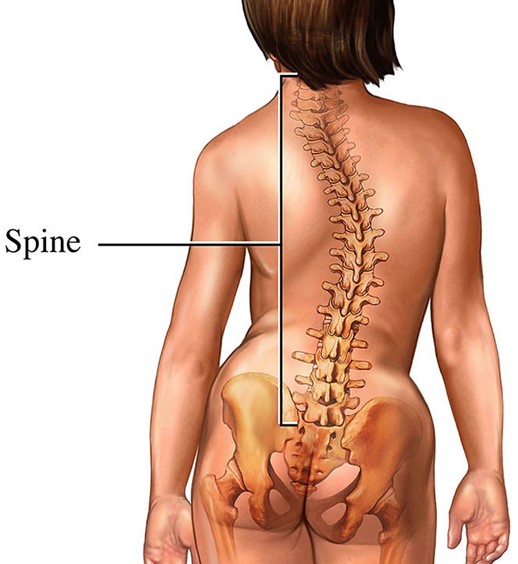A nurse is caring for an infant who has a hydrocele.
Which of the following actions should the nurse take?
Refer the family for genetic counseling.
Retract the foreskin and cleanse it several times daily.
Prepare the child for surgery.
Explain to the parents that the issue will self-resolve.
The Correct Answer is D
Hydroceles are common in newborns and often go away without treatment by age.
Choice A is not correct because a hydrocele is not a genetic condition and does not require genetic counseling.
Choice B is not correct because retracting the foreskin and cleansing it several times daily is not necessary for a hydrocele.
Choice C is not correct because surgery is not always necessary for a hydrocele; it often goes away on its own.
Nursing Test Bank
Naxlex Comprehensive Predictor Exams
Related Questions
Correct Answer is A
Explanation
Adolescents affected by scoliosis often experience body image dissatisfaction.
Therefore, the nurse should anticipate body image changes as the most common reaction.
Choice B is not correct because loss of privacy is not the most common reaction
when dealing with scoliosis surgery.
Choice C is not correct because feelings of displacement are not the most
common reaction when dealing with scoliosis surgery.
Choice D is not correct because identity crisis is not the most common reaction
when dealing with scoliosis surgery.

Correct Answer is D
Explanation
Contact the provider to clarify the dosage and frequency of medication administration.
The nurse should always verify the dosage and frequency of medication administration with the provider before administering any medication to ensure the safety and well-being of the infant.
Choice A is not an answer because the nurse should verify the dosage and frequency with the provider before administering any medication.
Choice B is not an answer because the nurse should verify the dosage and frequency with the provider before administering any medication.
Choice C is not an answer because waiting and monitoring the infant’s symptoms does not address the need to verify the dosage and frequency of medication administration with the provider.
Whether you are a student looking to ace your exams or a practicing nurse seeking to enhance your expertise , our nursing education contents will empower you with the confidence and competence to make a difference in the lives of patients and become a respected leader in the healthcare field.
Visit Naxlex, invest in your future and unlock endless possibilities with our unparalleled nursing education contents today
Report Wrong Answer on the Current Question
Do you disagree with the answer? If yes, what is your expected answer? Explain.
Kindly be descriptive with the issue you are facing.
